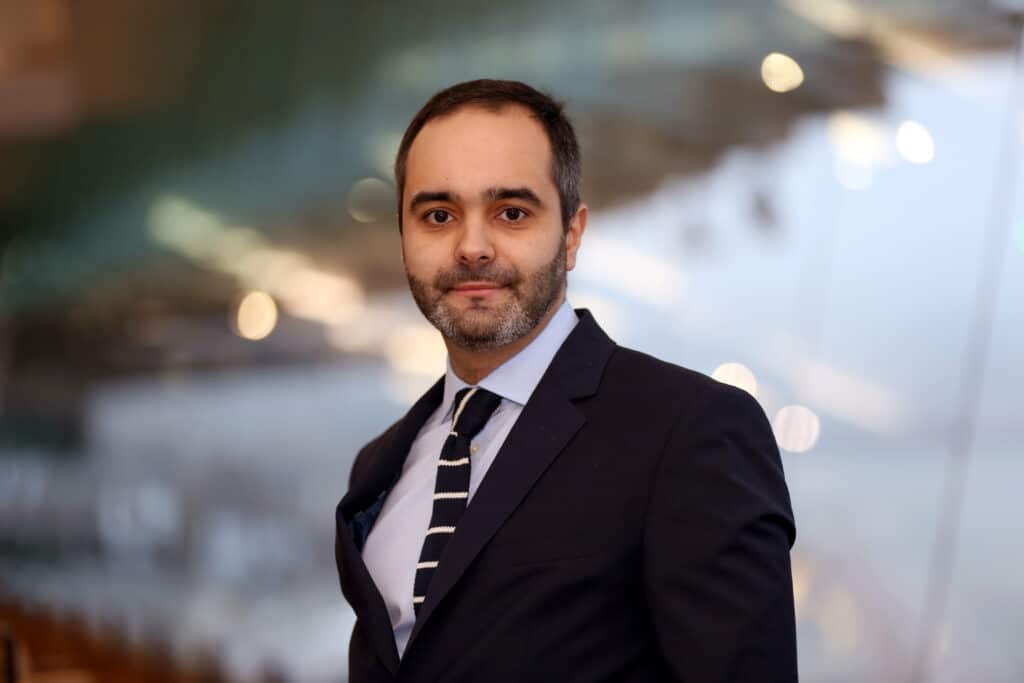What is changing?
The government has recently confirmed that the introduction of 20% VAT on private school fees and boarding services will apply from 1 January 2025.
In addition to this, it has also confirmed that any pre-payment of fees relating to a term starting on or after 1 January 2025 will be subject to 20% VAT from 29 July 2024.
Therefore, from 1 January 2025, all education services and vocational training supplied by a private school, or a “connected person”, for a charge will be subject to VAT at the standard rate of 20%.
Who will this impact?
The draft legislation presented by HMRC defines a private school as a school at which full-time education is provided for pupils of compulsory school age or, in Scotland, school age (whether or not such education is also provided for pupils under or over that age).
Boarding services closely related to such a supply will also be subject to VAT at 20%, as will before and after school clubs that are not related to education such as extra-curricular activities. However, the VAT treatment of other services provided by private schools will not change, meaning there is no change to services such as school meals, wrap around childcare, nursery care etc.
The government has confirmed that where pupils are placed in a private school because their needs cannot be met in the state sector, and they have their places funded by their Local Authority, a devolved government, or a non-departmental public body, their funder will be compensated for the VAT they incur on these pupils’ fees.
However, there are no special provisions where parents and carers of children with SEND have chosen to enrol their child to private school, if their needs could not be met in the state sector – 20% VAT will apply to these fees with no right to recovery.
HMRC’s draft legislation does highlight that non-maintained special schools (NMSS) under section 342 of the Education Act 1996 are not considered as private schools for VAT purposes, thus the income from school fees for these schools will remain exempt. NMSS operate on a not-for-profit basis, teach students with special educational needs and are independent of local authority control.
What does this mean?
Removal of the current VAT exemption will mean that schools will be required to register for VAT, once taxable income has exceeded the current VAT registration of £90,000.
Once registered, schools must charge VAT on school fees. If a school already has some taxable income but has not yet exceeded the VAT threshold, it can decide to register on a voluntary basis from an earlier date. Schools will be entitled to recover input VAT on costs incurred in relation to the provision of education.
Schools that do not currently make any taxable supplies (such as the hiring out of their facilities) will be able to register with HMRC from 30 October 2024.
Can VAT be reclaimed on inputs?
From the date VAT registration commences, schools will also be entitled to recover retrospective VAT costs in respect of goods and services consumed directly linked to its taxable supplies.
Providing the goods are still on hand at the time of registration, VAT can be recovered up to four years before the registration date. For services, VAT costs can be backdated up to six months from the date of registration.
Will this increase school fees?
The introduction of VAT to school fees will mean that schools will need to assess the potential impact of this change, to determine how far its school fees need to be raised, and how much of the VAT charged to the Local Authorities (or other public body funders) / parents can be absorbed by the school. It should be noted that Treasury guidance issued with the legislation expects schools to use the savings from recovering input VAT, to minimise the overall impact on VAT inclusive fees charged.
Other considerations…
Operators are likely to be partially exempt where they provide both taxable education services and exempt care services. This will add a layer of complexity to the VAT position with partial exemption calculations to be completed as part of the VAT compliance process.
Additionally, the capital goods scheme is likely to come into play where capital expenditure is above £250,000 (VAT exclusive), which will require schools to monitor the use of capital items over a ten-year period.
What is apparent is that private SEND schools need to start preparing for this change now and understand the implications and impact the addition of VAT will have to the school and its pupils.
If you would like to discuss this further, please contact a member of the Hazlewoods Healthcare team.

